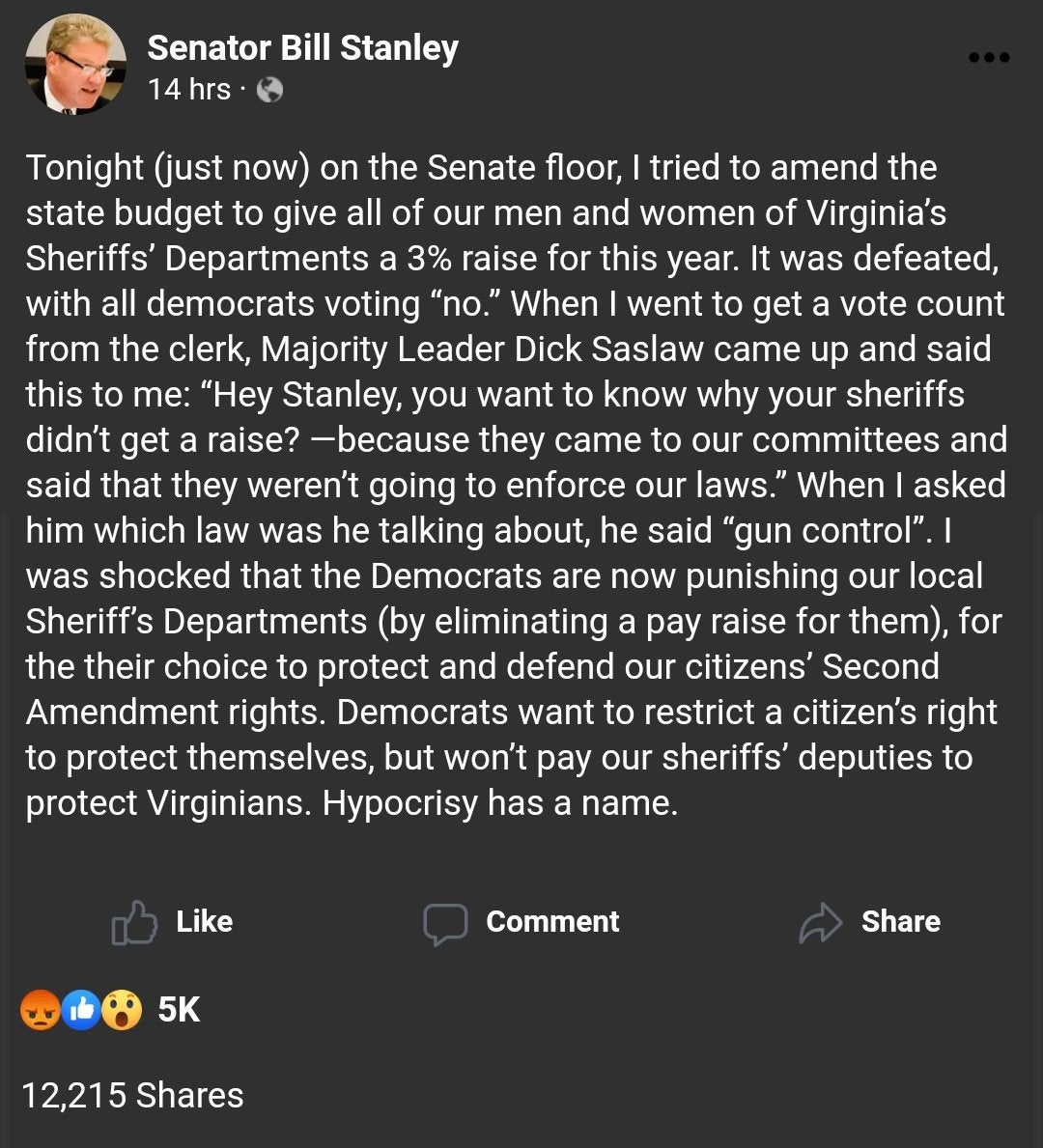Cute title, huh? It’s not mine. It comes to us via the UCLA Newsroom.
Some gun control advocates believe the amendment was never intended to guarantee an individual’s right to bear arms.
Dunbar-Ortiz offered a darker view of the founders’ intent: “The violent appropriation of native land by white settlers was seen as an individual right in the Second Amendment” — one of several points in U.S. history when the right to bear arms was invoked to secure white privilege.
“That long, intergenerational, violent struggle to take the land is why descendants of those mostly Anglo and Scots-Irish settlers today believe they are the authentic lords of the United States and should govern — a kind of blood right,” she said.
Even as she delivered blunt appraisals of modern-day policing, the National Rifle Association, Republican leaders and the Junior ROTC — a program that she believes is responsible for the “normalization of militarism for children” — Dunbar-Ortiz shared stories of her own immersion in gun culture. She grew up around firearms in rural Oklahoma, and in her 30s, she joined an armed radical-left group that amassed a huge arsenal.
“A firearm slung over your shoulder or a 9 mm Browning tucked under your belt creates a sense of amplified power, without which you feel naked and vulnerable,” she said. “Guns are awesome. They are also beautiful objects that are addictive.”
[ … ]
“If we do hope to develop long-lasting gun reform, it cannot be done in a vacuum and without consideration for the legitimate claims of gun advocates,” he said.
Dunbar-Ortiz offered a counterpoint. Invoking her extensive experience with communities fraught with guns, she said, “I don’t think it’s worth your time to try to convert them, frankly.”
Instead, she called on passionate grassroots organizers to fight for gun control laws at the state and local levels.
“I think the social movements are going to be more important than candidacy to change things,” she said. But, she cautioned, “I doubt that any common-sense firearms regulation can be enacted until the Second Amendment is understood to represent white supremacy and genocide.”
It would be too involved to give this a complete fisking, but a few things jump out at me.
First, it’s apparent that these so-called “scholars” have never really read the founders with open minds and thus they have no idea what they really said or why they said it. I’ll say again, my professor Dr. C Gregg Singer, made clear many times that one cannot be a real student of history unless he studies the primary source documents of the era. So for example, if you really want to understand why the American war of independence happened, you must read the newspapers, speeches and especially read the sermons of the day. The pulpit controlled the war effort.
Second, Dunbar-Ortiz, whomever that is, doesn’t think dialogue is useful (no doubt that’s probably correct). Instead, the suggestion is to rely on “gun control laws at the state and local levels.” Or in other words, take guns away from peaceable men by relying on … you guessed it, men with guns. The cognitive dissonance is rich and rewarding (at least for me). Whether they’re happy or not all depends upon who has the guns, yes? It didn’t take long for Bohemian hippies to turn into full-orbed communists, did it?
Finally, the real “gun problem” isn’t a gun problem, it’s a cultural problem caused in part by government subsidies, welfare and SNAP payments, which disembowel the inner cities and create and sustain fatherless families. Other gun owners are usually peaceable men. And yet, these people want to control and disarm peaceable men to the point that they have forums, wring their hands, speak in somber and solemn terms, and recommend draconian legislation, laws and regulations.
And they accuse us being being a cult! As I’ve said before, the desire to control other men is the infallible sign and premier vice of the wicked. So rather than being an illumination about gun owners, they have shined the light on themselves. Their article title was too clever by half.




